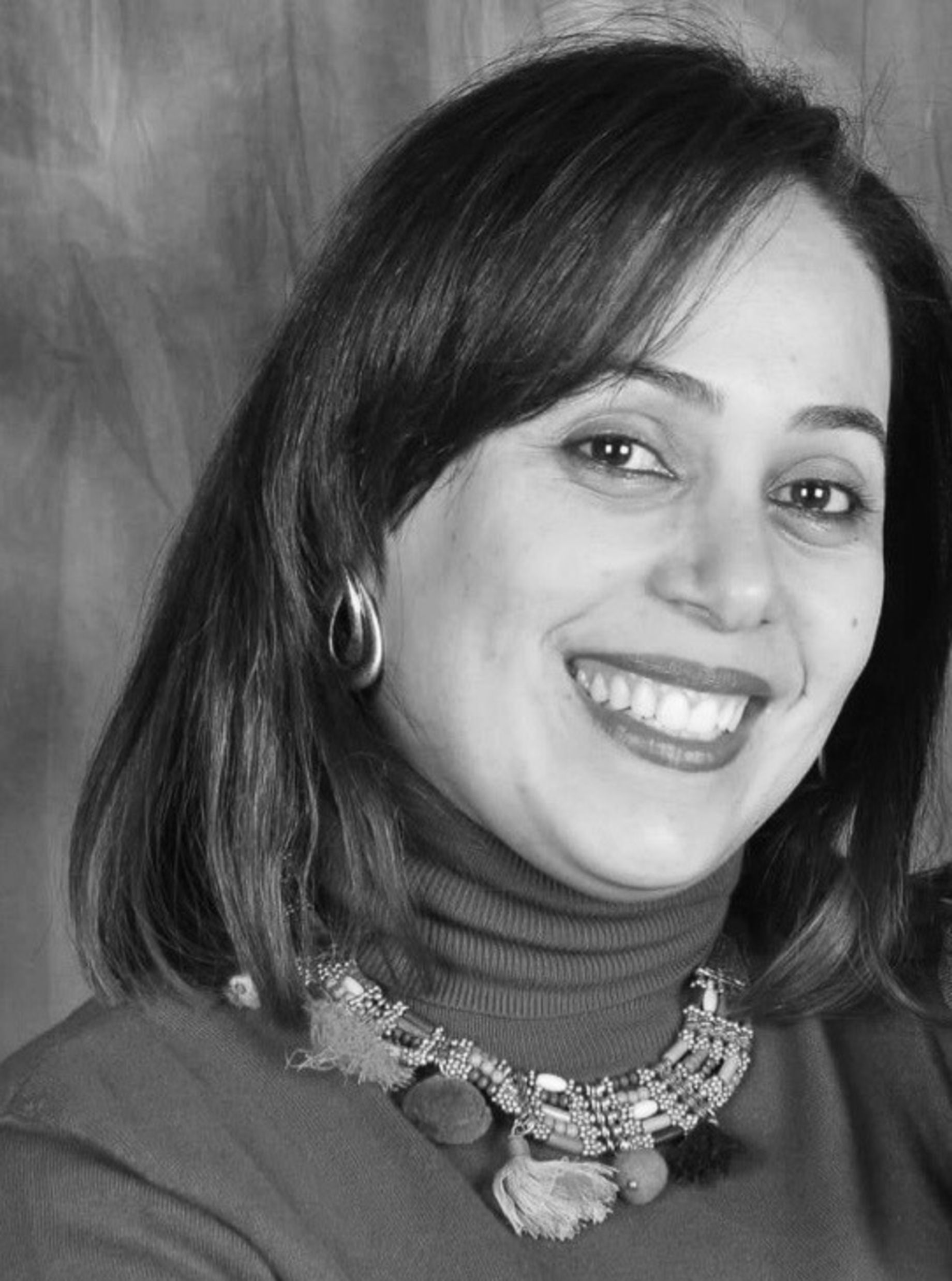The Struggle of the Women’s Movement in Egypt for a Personal Status Law based on Equality, Justice, and Freedom
The Egyptian television series Faten Amal Harbi, aired in Ramadan of 2022, sparked a public debate on the Personal Status Law, the right to divorce, and the general condition of women in Egyptian society. Its storyline denounces the current Family Law as based on an outdated and conservative reading of religious texts. Feminist organizations have been calling for reforms in the Personal Status Laws for many years. On 25 May 2022, some feminist organizations, such as the Centre for Egyptian Women’s Legal Assistance (CEWLA), launched a campaign titled “For a Fair Family Law”. This campaign, and many activities in the field of women’s rights in Egypt, are funded by European and international organizations. The recent campaign demands no less than “a revolution in the interpretation of religious texts” and – in the aftermath and language of the Arab revolutions – calls for a family code based on “equality, justice, dignity and freedom.” With a qualitative approach, based on biographical interviews, I want to explore how, and under what conditions and by which means Egyptian women mobilize for a new Personal Status Law, and how they perceive the impact of regional networks of Arab feminists, and transregional solidarity and international funding on their agenda and engagement.

